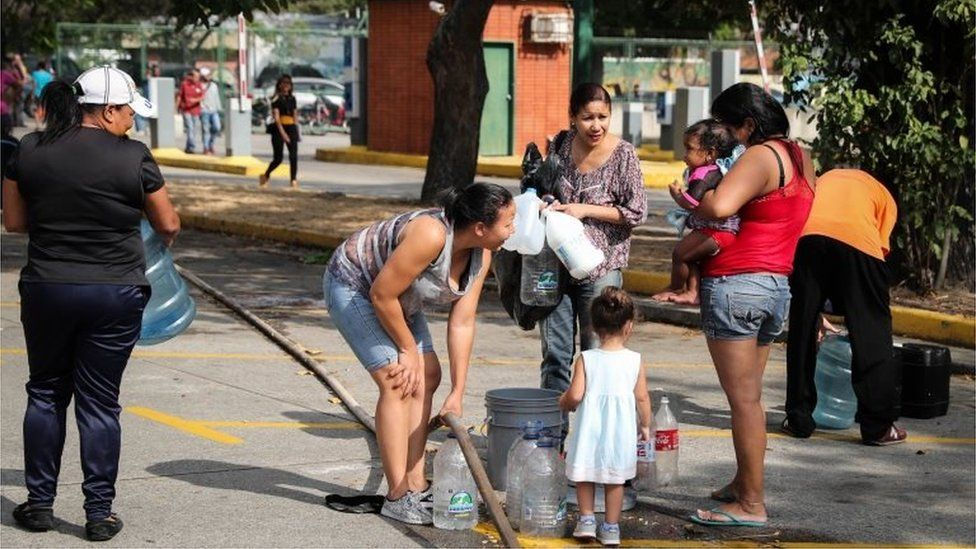Latin America
The ICJ advocates for respect for the right to access to justice and to strengthen the administration of justice and the independence of the judiciary throughout Latin America. The ICJ’s work focuses primarily on the independence of the judiciary, and access to justice for vulnerable populations.
Although the separation of powers is enshrined in the constitutions of target countries, judicial independence remains weak and in need of significant support, technical capacity building, strengthening associations and reforming laws and policies governing the judicial sector (judicial career, independence of the judiciary, protection of judges, and other fields).
Equality before the law in practice is weak, and the right to a fair trial is often violated. Serious accountability gaps throughout the region obstruct access to justice of victims of present and past human rights violations.
The ICJ works extensively to support the rights of women, indigenous groups, migrants and refugees, and other marginalised groups.
Throughout the region, our teams work with civil society organisations to draw attention to specific State policies and actions weakening the Rule of Law, such as attacks against individual judges and major structural changes to the system of appointments and conditions of tenure of judges which are contrary to international standards.
We support advocacy and litigation, including as a third-party intervener, before the InterAmerican System of Human Rights, the UN Human Rights Council and treaty bodies for the adoption of measures and actions to fortify judicial independence and to advance justice and accountability for serious human rights violations.

